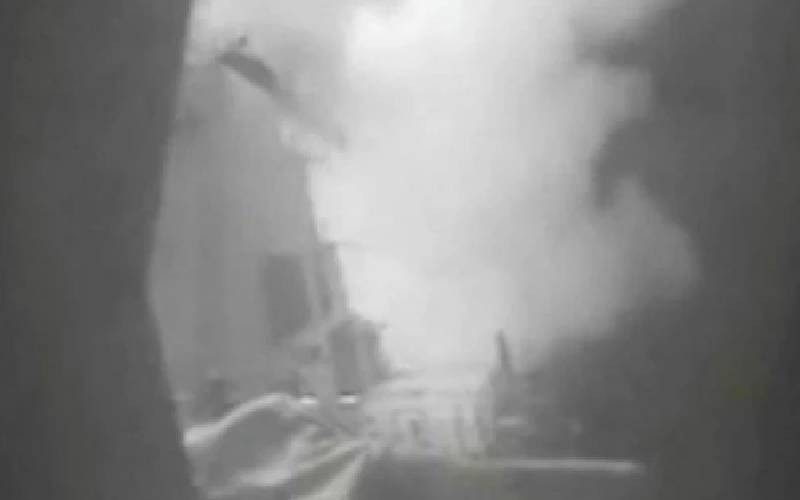×
The Standard e-Paper
Kenya’s Boldest Voice

The United States and Britain have launched a massive attack against Iranian-backed Houthis inside Yemen in retaliation for more than two dozen recent attacks against vessels transiting international shipping lanes in the Red Sea and Gulf of Aden.
A U.S. official, speaking on condition of anonymity because of a lack of authorization to talk to reporters, said American and British military assets struck more than a dozen Houthi targets Thursday, ranging from training sites and airfields to drone storage sites.